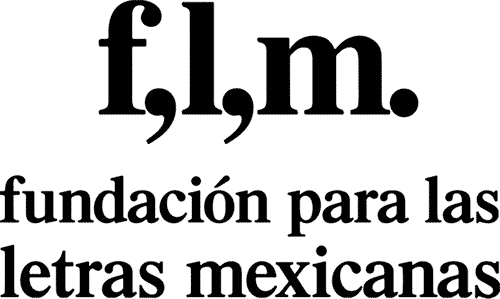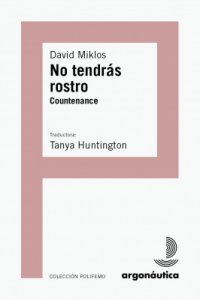Leer a David Miklos implica sumergirse en una experiencia sensual e íntima. Hay algo tremendamente emotivo en sus obras que fragmenta toda percepción cerebral y aleja al lector de su propia lógica establecida. La obra de Miklos tiene un efecto abrazador que irrumpe con la línea del tiempo y esa racionalidad rabiosa tan común en los escritores preocupados más por la impresión que por el arte. Desde el erotismo más fino hasta la reflexión sobre el origen, sus textos son una búsqueda perenne; quizá añoran las ausencias, el deseo del cuerpo o esa voz que vuelve a su literatura un gozo perpetuo.
*
Reading David Miklos means immersing yourself in a sensual and intimate experience. There is something tremendously emotive in his works that fragments all brain perception and moves the reader away from his own established logic. Miklos' work has a scorching effect that breaks with the timeline and that rabid rationality so common in writers that are more concerned with printing than with art. From the finest eroticism as far to reflection on the origin, his texts are a perennial search; perhaps they long for absences, for the desire of the body or that voice that makes his literature a perpetual joy.
Rose Mary Salum
In Countenance, David Miklos has created a space inhabited by isolated communities, a space where society as a whole has ceased to exist. Miklos’ writing is animated by a subtle, mournful style. The site, which echoes the geography of Miklos’ debut novel Debris, is a beach that is perhaps located in Mexico and where the sea has slowly retreated year by year. It is in this beach that the Russian and Fino, exiled from the world of Violence, feel the need to rebuild their wedding ritual. The strange communities that populate Countenance include the Anzures’ group, who live in a magical cave; and the Swedish’s colony, made up of voluntary exiles and ruled by eleven commandments that include “Thou shall not put out the fire.” These communities are precariously held together by new mythologies. Violence has stripped them off any form of State. Miklos’ prose is one of the most distinctive in Mexican literature. Rich in imagery, his writing only needs a few strokes to fully paint the true landscape of social collapse.
Nicolás Cabral



